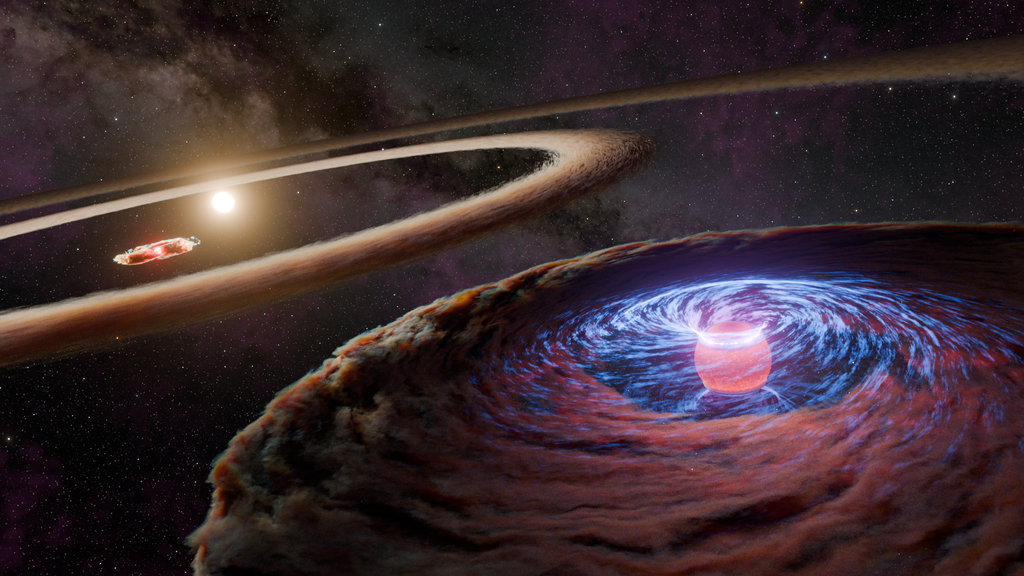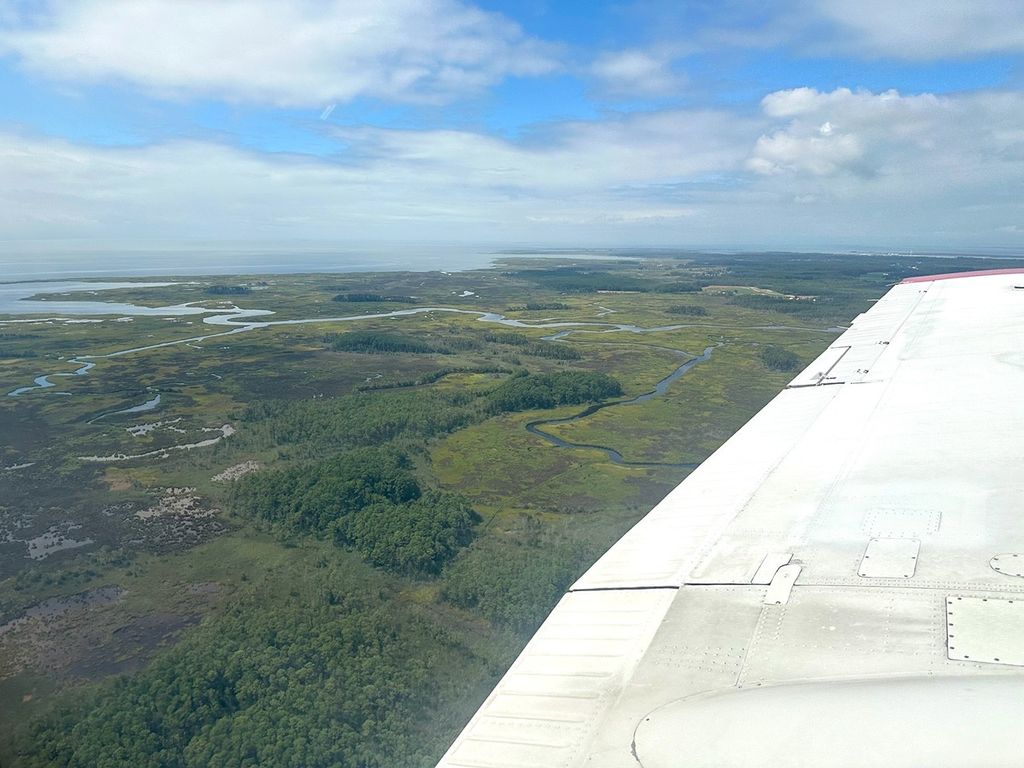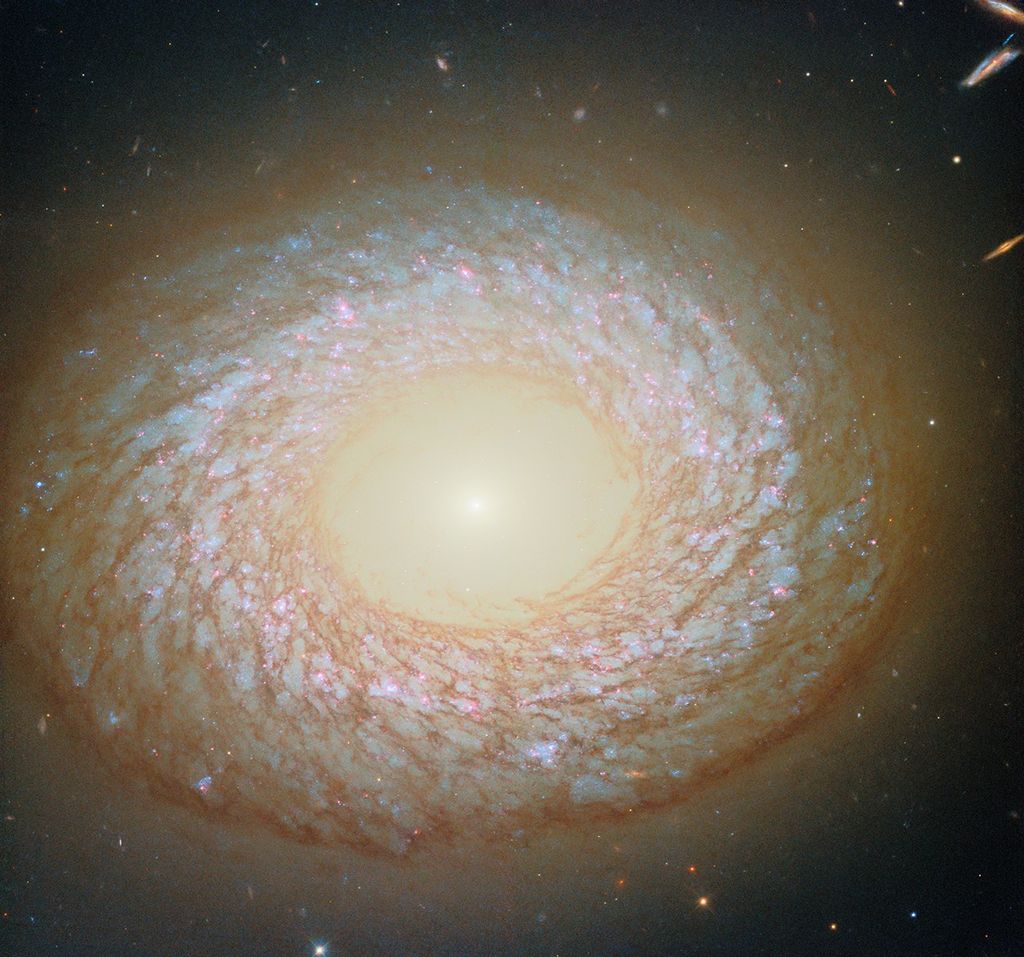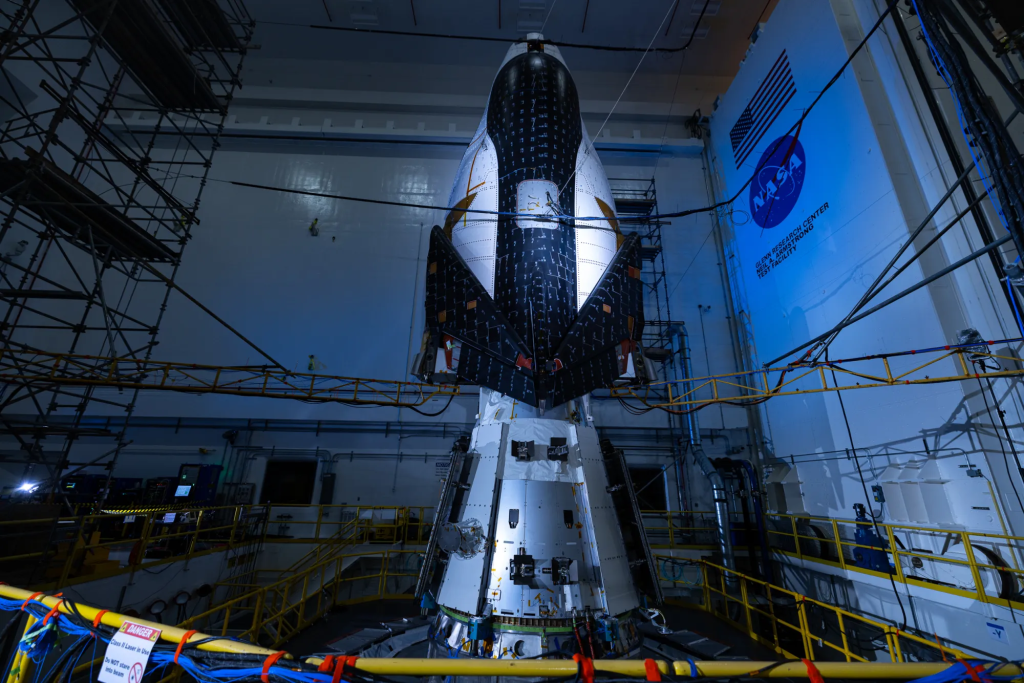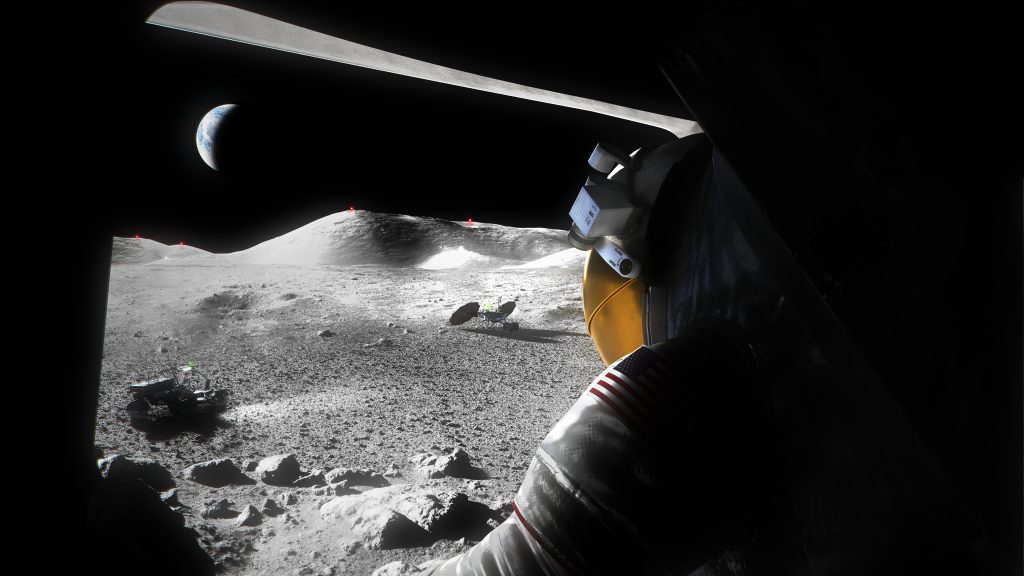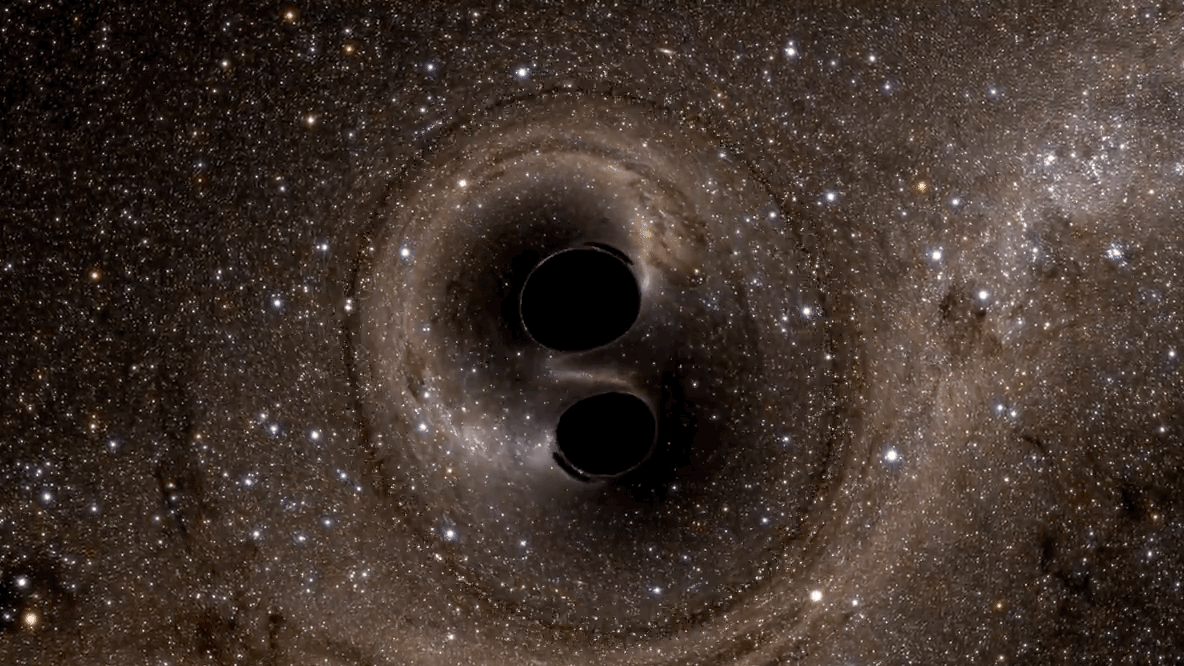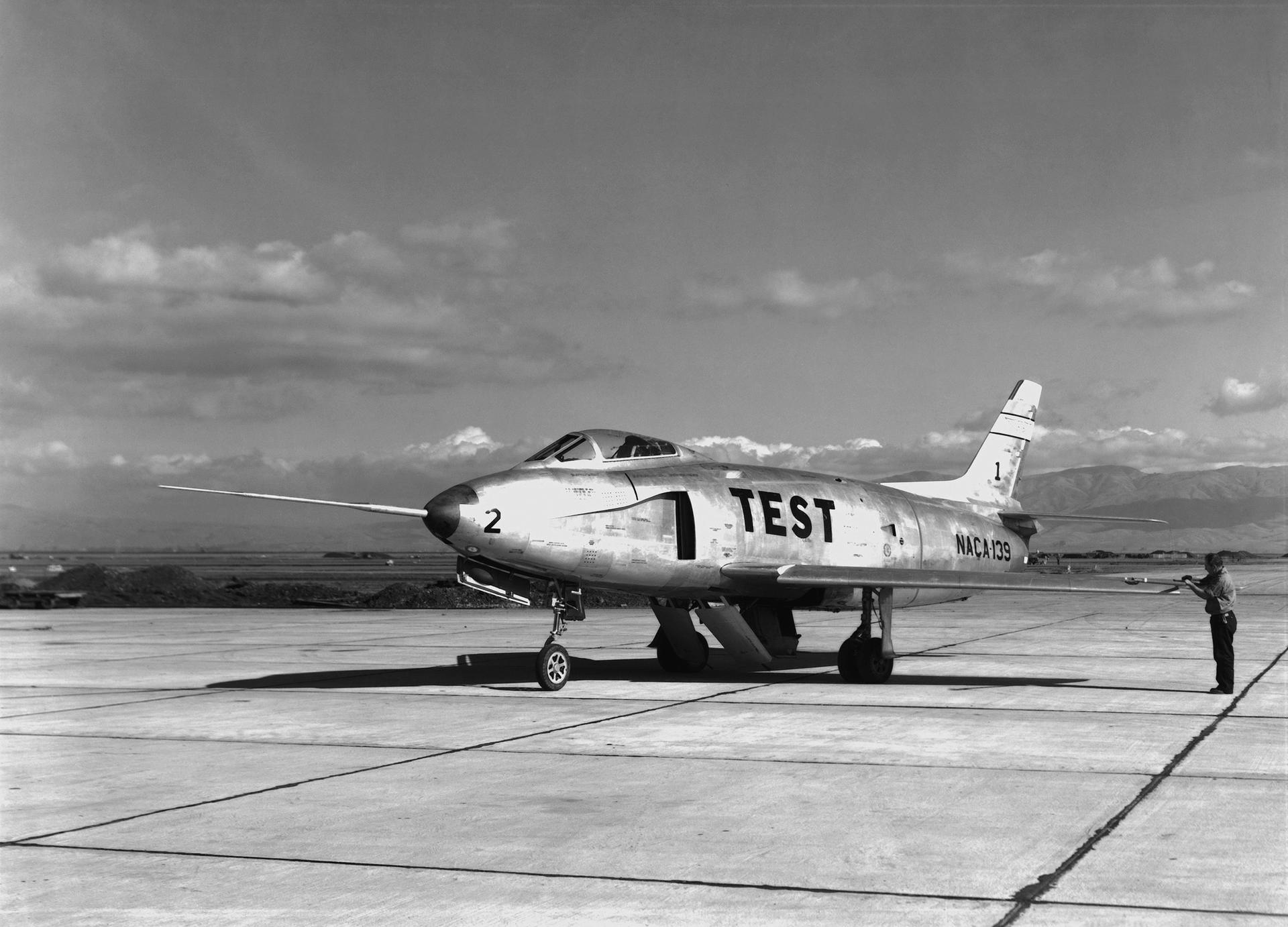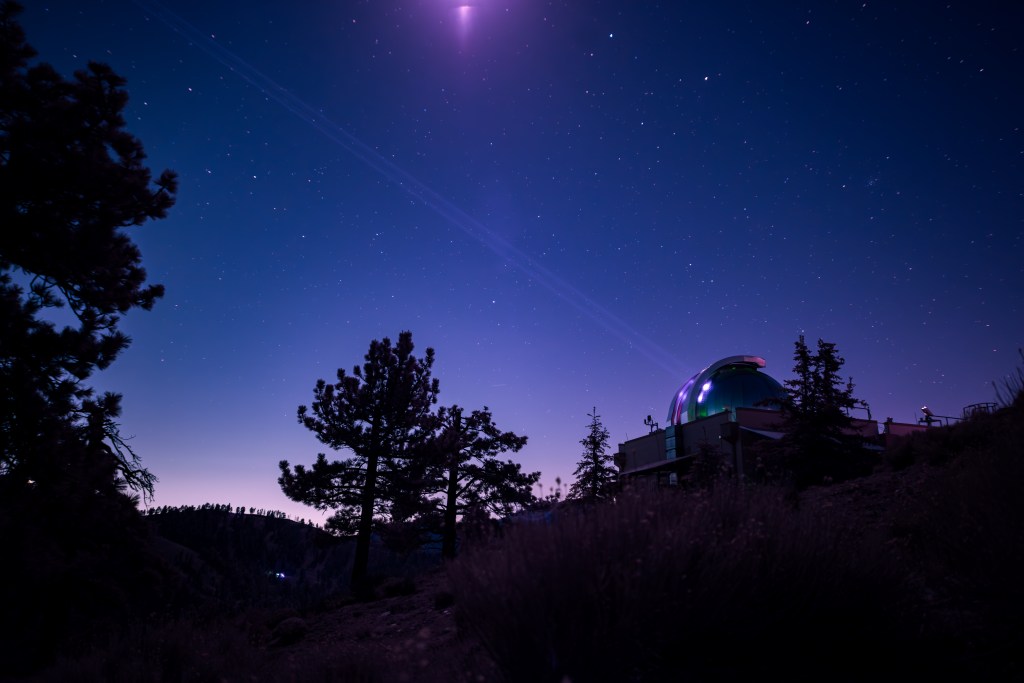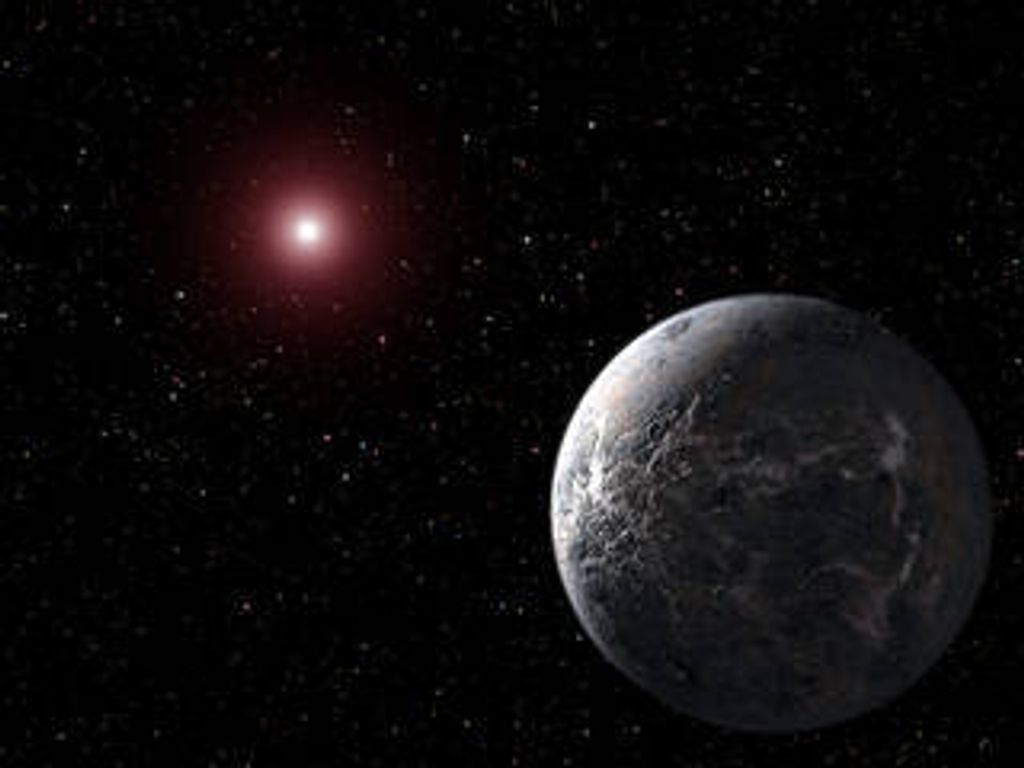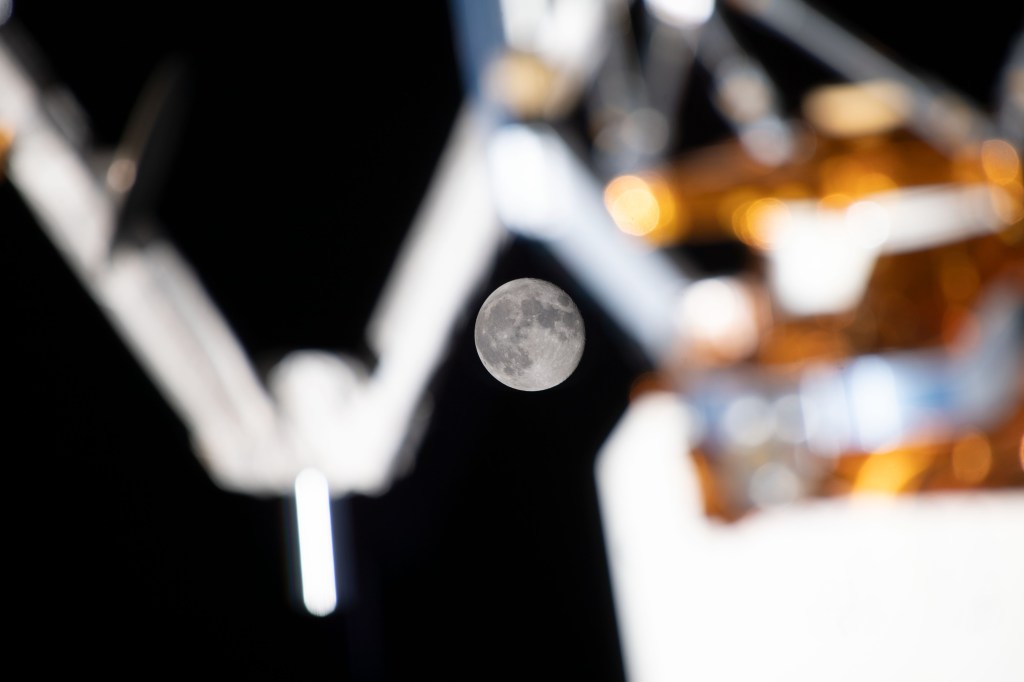Please explain your job in a single sentence.
I conduct research and do technology development for the advancement of resource utilization on the Moon and Mars.
What do you find most exciting about your job as a robotics engineer for NASA’s Kennedy Space Center’s Granular Mechanics and Regolith Operations Laboratory?
As a robotics engineer doing technology development, I enjoy having the freedom to be innovative and creative to design, build and test new technologies that could help with the exploration of the Moon and Mars.
What is a typical day like for you?
I start my day checking emails from the day before to answer questions or to do any needed administration activities. Then I begin working on whatever phase of a project I am on. This could be requirement documentation or generation, working in CAD on designing something for the project, fabricating parts, building up hardware, testing the hardware, or documenting the results of the test.
Was the work you did your first month at NASA anything like your current work?
No, I was hired into NASA as an institutional safety engineer, reviewing facility drawings and lab test procedures.
What is your educational background and why did you choose to study those areas?
I have an educational background in mechanical engineering. I choose to study this because I have always been interested in how machines work and operate. I was good at math and science in high school and this led me to pursue a degree in engineering.
How do the era and place in which you grew up shape how you approach your work?
I grew up on the Space Coast near Kennedy. I witnessed many shuttle and rocket launches. This was a huge inspiration to pursue an area in STEM (science, technology, engineering and mathematics).
What motivated you to want to work for NASA?
Growing up in the area where we launched the shuttle and seeing all the cool things going on at the space center was motivation to one day work for NASA and be a part of something that great.
Why does conducting research and developing new technology matter to you?
Because if we do not push the limits of current technologies then we will never advance the future possibilities of exploring other planets and moons within our solar system.
How do you think your NASA research or the agency as a whole benefits people on Earth?
NASA as a whole benefits the people on Earth with the technology we have to develop in order to be successful off Earth. Off Earth technologies have to be lighter weight and more efficient, and therefore most of these same materials and designs can be used here to improve performances in processes and produce higher yields.
Do you have any advice for people trying to foster innovation in the workplace?
To be innovative, you have to remove most — if not all — of the structure of a normal engineering design cycle; let the people come up with ideas and let them try their ideas in a quick iterative manner to see if the idea is feasible or not. This will allow people to “think outside the box” and let their creativity come out.

